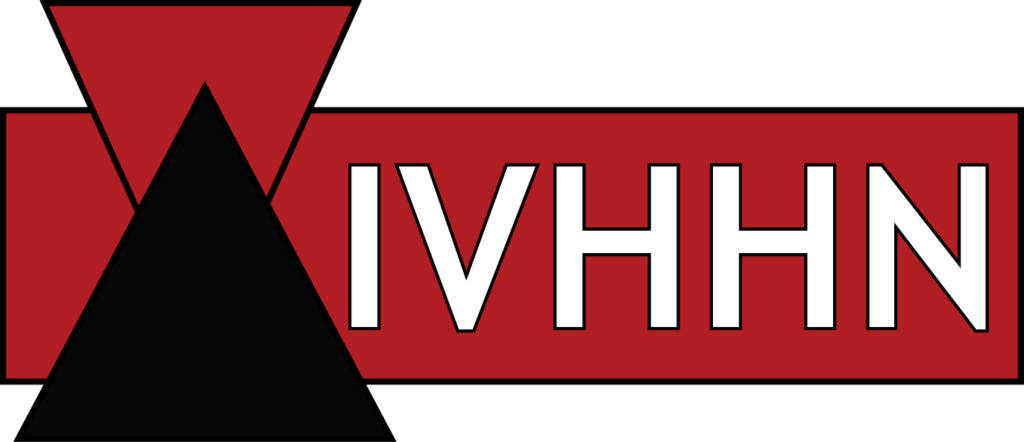
HIVE is a research consortium funded by the Research for Health in Humanitarian Crises (R2HC) Programme. The R2HC programme aims to improve health outcomes by strengthening the evidence base for public health interventions in humanitarian crises. Visit the R2HC website for more information. The R2HC programme is funded equally by the Wellcome Trust and DFID, with Enhancing Learning and Research for Humanitarian Assistance (ELRHA) overseeing the programme’s execution and management.
The HIVE Consortium will undertake research into the effectiveness of a range of respiratory protection worn by communities during volcanic eruptions. We will:
Volcanic ash inhalation can trigger respiratory disease and cause acute anxiety, leading to increased vulnerability during eruptions. Agencies distribute face masks which, likely, have poor facial seals and may inadequately filter fine-grained particles. High-efficiency masks, though, may under perform if not fit-tested, are costly and uncomfortable. We ask:
1) Are some types of respiratory protection more effective in a volcanic crisis than others (and is some protection better than no protection)?
2) How should generic advice be modified for different cultures, climates and economies?
In the first study of its kind, we will determine the effectiveness of a range of ‘masks’ from clothing to commercial respirators (through laboratory testing), whether mask wearing has a measurable impact on respiratory health (through a randomized clinical trial); and explore behavioural factors influencing mask use in different societies (through social surveys and interviews).
This research will transform humanitarian practice during volcanic crises. Providing robust evidence on effective respiratory protection interventions will allow GOs and NGOs to make informed decisions when procuring, distributing and recommending protection. Our findings will be translated into official guidance, facilitating rapid, global change in practice. This will be actioned by our primary humanitarian partner, PAHO (a regional office of the World Health Organization). WHO is the first port of call for definitive advice that GOs and NGOs seek in health-related decision-making during crises. The recommendations will be disseminated on WHO’s website and mailing list (to 27,000 experts worldwide) and through the International Volcanic Health Hazard Network’s website (www.ivhhn.org; the umbrella organisation for all volcanic health-related research and dissemination). In addition, we will produce and distribute ‘toolkits’ for use by local communities and agencies, instructing them on how to best protect themselves from volcanic ash inhalation.
We are keen to involve aid agencies and governmental agencies in the research and findings of the HIVE project. If you work for an agency involved in mask distribution during volcanic crises or are involved in community protection from expsosures to other dusts (wild fires, agricultural burns, dust storms, anthropogenic pollution) please contact Claire Horwell.
If you are a member of the public and would like to share your experiences of wearing a mask during an ashfall (or other exposure), please join our Facebook Group (Health Interventions in Volcanic Eruptions).
The R2HC website also has a page about the HIVE Consortium.

A new evidence base for respiratory Health Interventions in Volcanic Eruption crises (HIVE)
We are undertaking research into the effectiveness of a range of respiratory protection worn by communities during volcanic eruptions.




